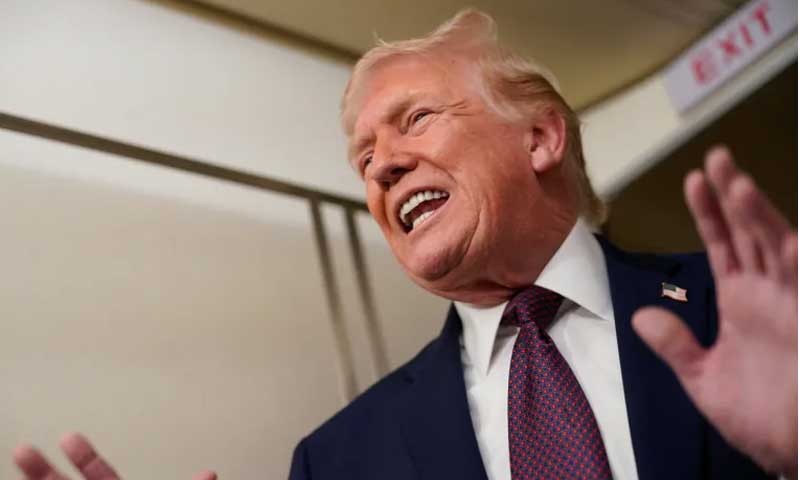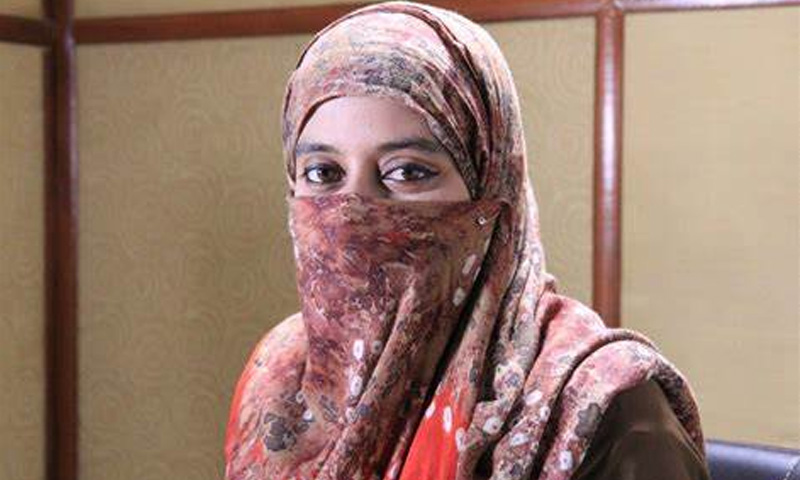- Sanam Tanzeel
- Jan 22, 2026
As power shifts East G7 is losing momentum in global affairs
The recent G7 summit concluded with little fanfare and even less popular support. Hosted by Italy’s Prime Minister Georgia Meloni, the summit was marked by a backdrop of political turbulence and dwindling approval ratings for many of its leaders. The domestic challenges facing these leaders were glaring. In Germany, right-wing parties are gaining momentum, and the UK’s Rishi Sunak has been labelled the worst-performing Prime Minister in recent history. Upcoming elections in Germany and France further complicate the political landscape, with leaders under immense pressure to deliver results. Meloni, enjoying a rare high in popularity as Italy’s right-wing populist leader, showcased her charm by posting selfies with other leaders, hashtagged #Melodi, signaling her rapport with international counterparts. Despite these efforts, the G7’s unity appeared more performative than substantive.
The summit’s agenda was dominated by pressing global issues, notably Gaza, Ukraine, and China. In a significant financial manoeuvre, the G7 leaders agreed to a $50 billion loan for Ukraine, sourced from Russian assets frozen in Western banks. This decision, while aimed at bolstering Ukraine, has sparked outrage from Russian President Vladimir Putin, who has retaliated by initiating a new ground offensive in Kharkiv. This offensive is a strategic move to gain territory before the newly promised Western aid arrives. Adding to the tension, the US House of Representatives had earlier passed a crucial aid deal worth $61 billion, further intensifying the geopolitical stakes.
Beyond financial aid, the G7 imposed fresh sanctions on Russian companies and individuals, particularly those supporting the military effort. The sanctions aim to cripple Russia’s war machinery but also highlight the bloc’s reliance on punitive measures rather than diplomatic solutions. This aggressive stance was underscored by the signing of a new ten-year security agreement between the U.S. and Ukraine, with Japan also following suit. Such moves signal a long-term commitment to countering Russian aggression but also risk escalating the conflict further.
China, too, was a primary target of the G7’s criticism. The leaders accused China of manipulating market trends, stealing technology, and violating labour rights. In a bid to curb China’s growing influence, Europe is preparing to hit Chinese-made electric vehicles with tariffs as high as 48%, a significant escalation following similar U.S. tariffs on Chinese electric cars and solar cells. This marks a stark shift in European policy, particularly for Germany, which traditionally maintained more balanced relations with Russia. Now, Germany is calling on NATO to prepare for potential conflicts, indicating a significant realignment in response to the Ukraine war and the economic disruptions caused by the COVID-19 pandemic.
Despite these bold moves, analysts argue that the G7’s unity is fragile and its declarations hollow. The summit echoed the frustrations of previous years, filled with ambitious statements but lacking tangible action. A glaring example is President Biden’s ‘Build Back Better World’ initiative, launched three years ago as a counter to China’s Belt and Road Initiative. Yet, there are still no signs of its implementation, reflecting a pattern of unfulfilled promises. The summit appeared more focused on shaming Russia, China, and Iran than on presenting viable solutions to global crises. Their stance on Palestine, for instance, was criticized for its vagueness. While condemning Russian aggression in Ukraine, the G7 failed to take a strong stance against Israel’s actions in Gaza, merely suggesting that Israel should comply with international laws without any substantial follow-up actions. This selective moral outrage underscores the bloc’s hypocrisy.
The G7’s diminishing relevance is evident as its share of global GDP has plummeted from 70% to 40%. In stark contrast, the BRICS coalition is on the rise, now including UAE, Saudi Arabia, Iran, and Egypt, with Pakistan likely to join soon. BRICS is not only expanding its membership but also exploring an alternative currency to bypass the dollar and Western sanctions, positioning itself as a significant counterbalance to the G7.
Furthermore, the G7’s token gestures towards the Global South, such as inviting leaders from Brazil, Turkey, and India, failed to mask their neglect of these regions. Meloni’s invitation to the Pope seemed more about political posturing than genuine engagement. The Global South has grown increasingly disillusioned with the West’s self-serving policies, preferring to distance themselves and pursue independent paths. These countries no longer seek Western approval or support as they once did, highlighting a significant shift in global dynamics.
The G7’s credibility is at an all-time low, revealing the Western bloc’s struggle to maintain its dominance in a rapidly changing world. The summit’s outcomes were more about maintaining appearances than addressing real issues. As the West’s hegemony wanes, the countries of the Global South must unite, work towards de-dollarization, and strengthen their own economies and foreign policies. It is time for these nations to choose allies wisely, focusing on mutual interests and survival rather than succumbing to the pressures of a faltering Western order. This shift is crucial for these nations to thrive independently and create a more balanced global power structure, moving away from the historical dominance of the G7.






